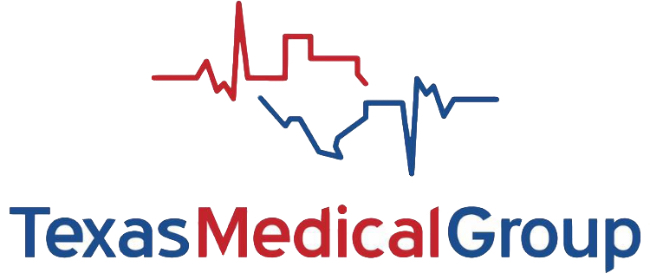
Mental Health Minute - September 2023
The Connection Between Gut and Brain Health
Recent research indicates that the communication between your brain and your gut plays a crucial role in your overall health. Scientists suggest this connection may be the reason you feel “butterflies” when you’re nervous or “sick to your stomach” when you’re dreading something. It also has a significant impact on your overall health.
What Is the Brain-gut Connection?
The vagus nerve connects your brain and your gut (known as the gut-brain axis) and sends signals in both directions. The brain and the gut both contain neurons that tell your body how to behave. They also contain neurotransmitters, which control feelings and emotions. Interestingly, many neurotransmitters are produced in the gut. In fact, the largest amount of your body’s serotonin is produced there, impacting mood, perception, attention and memory.
How Does the Gut-brain Axis Work?
Your brain directly impacts the function of your stomach and intestines. For example, chronic stress can cause gastrointestinal problems. The connection also works in reverse. The intestine can send troubled signals to the brain that cause anxiety, stress or depression. An unhealthy gut is also linked to dementia and lowered cognitive functions
Tips for Improving Gut Health
Improving your gut health can contribute to brain health, enhance cognitive function and help ward off disease. You can improve gut health with the following foods:
· Diverse foods
· Lots of fruits, vegetables and legumes
· High-fiber foods
· Fermented foods (e.g., yogurt, kimchi and kefir)
· Prebiotic foods
· Whole grains
· Plant-based foods
· Foods with polyphenols (e.g., red wine, grape skins, onions and blueberries)
· Probiotics
Conclusion
Your gut health significantly impacts the health of your brain and body. By eating foods that promote gut health, you may experience improved focus, better mental health and reduced risk of disease.
Most Americans Should Be Screened for Anxiety
Amid a mental health crisis, the U.S. Preventive Services Task Force (Task Force) recommends that all adults under the age of 65 get screened for anxiety regularly. Last year, the Task Force also amended recommendations to include children ages 8 to 17. This means all people 8 to 65 should be screened for anxiety.
The Task Force stops short of recommending anxiety screening for adults over 65 because many common symptoms of aging (e.g., pain, fatigue and trouble sleeping) are also symptoms of anxiety.
Why Is Anxiety Screening Important?
Anxiety is common. According to the American Psychiatric Association, nearly 30% of adults experience anxiety disorders at some point in their lives.
Anxiety usually begins in childhood and early adulthood, and symptoms usually decline with age. It may look different for everyone. However, common symptoms include anxious thoughts that are difficult to control, fatigue, irritability, restlessness, sleep problems, and unexplained aches and pains.
Screening is crucial for diagnosis, as anxiety symptoms might not be noticeable during regular doctor visits. If you have symptoms of anxiety, contact your medical health care professional immediately. Don’t wait for your annual physical.
September Is National Suicide Prevention Month
Mental illness and mental health issues often contribute to suicide. Everyone can help prevent suicide. You can save lives by dialing 988, the National Suicide and Crisis Lifeline (the Lifeline). Similar to calling 911 for physical emergencies, 988 is for people in emotional distress or suicidal crisis.
You can call 988 if you’re experiencing a mental health crisis or for somebody else who’s in distress. Call or text 988 or get help online at 988lifeline.org/chat.

Discussion
There are no comments yet.